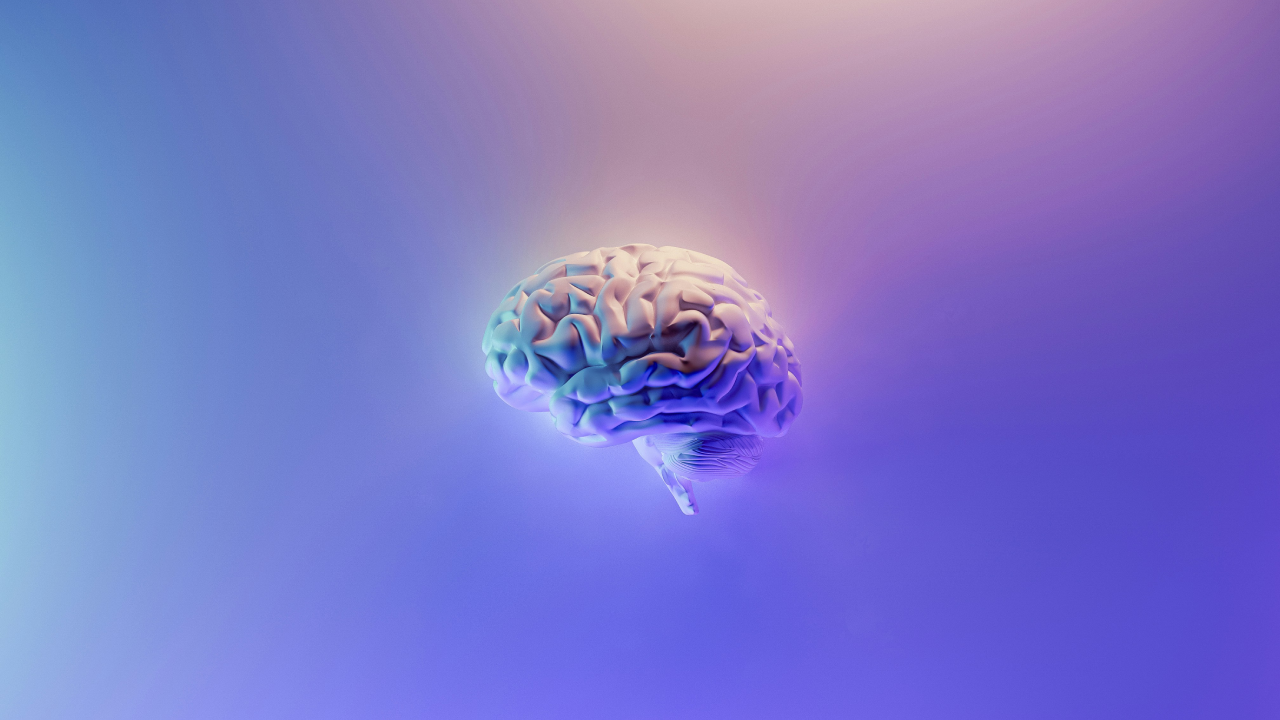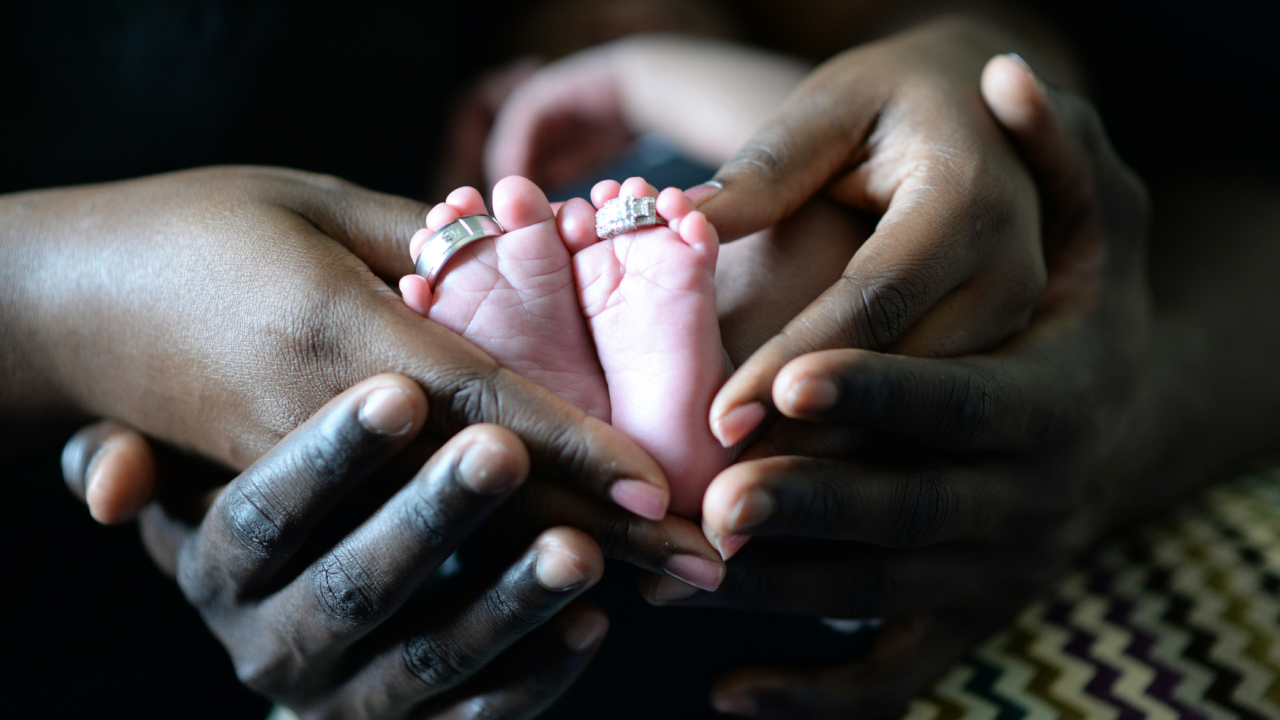Pregnancy is widely understood as a time of profound change for a woman’s body. It involves numerous physiological shifts, including hormonal fluctuations, cardiovascular changes, and alterations in the gastrointestinal, urinary, and respiratory systems. But one often overlooked aspect of this transformation is the brain.
Recent studies have begun to shed light on the ways in which the maternal brain reorganizes during pregnancy, offering new insights into how women adapt to motherhood on a neurological level. This reorganization may be linked to better maternal behaviors, the nurturing of offspring, and even long-term emotional changes.
Table of Contents
The Brain’s Dynamic Nature During Pregnancy
Until recently, most studies of pregnancy-related brain changes relied on before-and-after brain scans, offering only a snapshot of what happens neurologically. However, a groundbreaking study led by neuroscientists at the University of California has given us real-time data on the transformations that occur in a woman’s brain during pregnancy and into the postpartum period. The findings of this study were first published in Nature Neuroscience and represent a significant leap forward in our understanding of the maternal brain.
The lead subject of the study, University of California neuroscientist Elizabeth Chrastil, allowed her brain to be scanned 26 times, from just before conception through nine months of pregnancy and two years after giving birth. The results revealed widespread changes in brain structure and function, some of which are temporary, while others are long-lasting.
Understanding the Changes in Gray and White Matter

One of the most significant findings from the study is the decrease in cortical gray matter volume observed during pregnancy. Gray matter consists of neuronal cell bodies, which are crucial for processing information in the brain. While the term “decrease” might suggest a loss, researchers have been quick to point out that this reduction may actually reflect a fine-tuning process, akin to what happens during adolescence. During puberty, the brain undergoes pruning, where unnecessary neural connections are eliminated, making the brain more specialized and efficient. A similar process could be taking place during pregnancy.
In parallel with the reduction in gray matter, there was an increase in the integrity of white matter, which is composed of axons that connect different parts of the brain. This improvement in white matter structure suggests that pregnancy enhances long-distance communication between different brain regions. The coordinated changes in both gray and white matter are thought to reflect the brain’s preparation for the complex tasks of motherhood, such as bonding with the baby and responding to its needs.
The Role of Hormones in Brain Reorganization

The physical changes in the brain appear to be closely linked with fluctuations in hormone levels. During pregnancy, levels of estradiol and progesterone rise significantly, and these hormonal changes seem to coincide with the alterations in brain structure. Estradiol, a form of estrogen, plays a key role in maintaining reproductive health, but it also influences brain regions involved in memory, mood, and emotion. Similarly, progesterone is critical for sustaining pregnancy but may also have neuroprotective effects, helping the brain adapt to the physiological stress of pregnancy.
Both hormones may be driving forces behind the observed changes in gray and white matter, helping to optimize the brain for the emotional and cognitive demands of motherhood. Researchers are still investigating the exact mechanisms by which these hormones affect the brain, but the correlation between hormonal fluctuations and brain restructuring is undeniable.
The Maternal Brain Project: Expanding the Scope
The findings from Chrastil’s case study have sparked wider interest in studying the maternal brain. Since the completion of her scans, researchers have begun to observe similar brain changes in other pregnant women as part of the ongoing Maternal Brain Project. This project aims to recruit hundreds of women to undergo brain scans throughout their pregnancies and postpartum periods, offering a more comprehensive understanding of how the maternal brain evolves.
One of the project’s long-term goals is to investigate the variability in brain changes among women. For example, could the extent of brain reorganization predict who is more likely to experience postpartum depression? Or could certain brain patterns be associated with the development of conditions like preeclampsia, a serious pregnancy-related complication? Understanding these correlations could help in developing early interventions to support maternal mental and physical health.
Does Brain Volume Loss Mean Cognitive Decline?

One of the most intriguing questions raised by the study is whether the observed loss of gray matter is detrimental or beneficial. While it might be tempting to assume that a reduction in brain volume would result in cognitive decline, the researchers caution against jumping to conclusions. As University of Pennsylvania postdoctoral scholar and study lead author Laura Pritschet explained, the loss of gray matter could represent a fine-tuning process rather than damage. Just as adolescent brains become more specialized after pruning, the maternal brain may be optimizing its circuits for the challenges of motherhood.
This perspective challenges common stereotypes about “pregnancy brain” or “mommy brain,” terms that are often used to describe the mental fogginess some women experience during pregnancy. While some women do report feeling less sharp or forgetful, it is possible that these experiences are more related to the overall physical and emotional demands of pregnancy rather than actual cognitive decline. In fact, some changes in the brain may enhance a woman’s ability to bond with her baby, recognize emotional cues, and respond to her child’s needs.
The Implications for Postpartum Mental Health

One of the most pressing questions surrounding maternal brain changes is their connection to postpartum mental health. Postpartum depression (PPD) is a common condition, affecting up to 20% of new mothers. Researchers are keen to understand whether the brain changes observed during pregnancy could serve as early indicators of PPD risk. For instance, could reduced gray matter volume in certain brain regions predict who is more vulnerable to developing depression after giving birth? These are the kinds of questions that the Maternal Brain Project hopes to answer.
In addition to PPD, researchers are interested in how pregnancy-related brain changes might influence a woman’s long-term mental health. Could the brain adaptations that occur during pregnancy offer some protection against future mental health issues, or could they make certain women more susceptible to mood disorders? Only time and further research will provide definitive answers.
How Neurological Changes Enhance Maternal Behaviors
From an evolutionary perspective, the changes that occur in the maternal brain likely serve an important purpose: to enhance a mother’s ability to care for her offspring. Studies in animals have shown that pregnancy-related brain changes can improve a mother’s sensitivity to her baby’s needs, promote nurturing behaviors, and even increase her willingness to protect her young. These findings suggest that similar mechanisms may be at work in humans.
For example, some of the brain regions that undergo the most significant changes during pregnancy are those involved in social cognition and emotional regulation. These areas of the brain are critical for recognizing and responding to a baby’s cues, such as crying or smiling. The fine-tuning of these regions may help mothers become more attuned to their babies and better equipped to form strong emotional bonds.
The Future of Maternal Brain Research
The findings from this study represent only the beginning of our understanding of how pregnancy affects the brain. As researchers continue to study more women, they hope to uncover additional insights into the neurological changes that accompany motherhood. In particular, they are interested in how factors like age, lifestyle, and previous pregnancies might influence the extent and nature of brain reorganization.
Additionally, there is growing interest in understanding how paternal brains might change during pregnancy and the postpartum period. Although fathers do not experience the same hormonal shifts as pregnant women, studies have shown that their brains also undergo changes in response to becoming parents. Exploring these differences and similarities could help us develop a more nuanced understanding of the parental brain.
